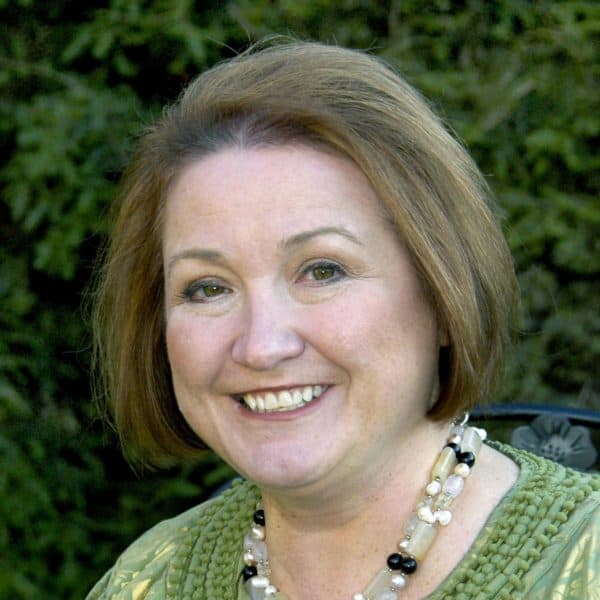Advertisement
Memo To Bill Keller: This Is Why Patients Blog About Illness

Much has been written over the past few days in response to former New York Times editor Bill Keller's op-ed piece on Lisa Bonchek Adam's use of social media in actively sharing her experience of living with stage four metastatic breast cancer. In his piece Mr. Keller wondered why someone would choose to disclose so much about living with a progressive chronic illness in such a public forum. Perhaps I can offer some insights into this question.
As someone who studies social media in the context of chronic illness, I have been fascinated with the level of interest and debate Mr. Keller's opinion piece has generated. Over the past few years the number of social media users has exponentially increased. We have become a connected society with instantaneous access to status updates, tweets, and posts. In his book “The Tipping Point” Malcolm Gladwell writes that "a critical mass needs to be achieved before an idea, trend, or social behavior crosses a threshold, tips, and spreads like wildfire." Perhaps that time has come in the evolution of social media’s role in living with progressive chronic illness.
2 more days of radiation. I have incurable cancer but I am not about to die. I would not be tweeting to pass the time if i were, trust me.— Lisa Bonchek Adams (@AdamsLisa) January 16, 2014
A few years ago my colleague, Lisa Gualtieri, and I began to study what was at the time a new phenomenon — blogs written by individuals with chronic illness. Our paper, “Communicating the Experience of Chronic Illness and Pain through Blogging,” which was published in the Journal of Medical Internet Research in October 2012, remains one of the largest studies to date of illness bloggers (230 respondents). We were interested in what motivated individuals to share so much of their private lives in such a public forum. What we discovered was that for many patients the process of blogging shifted their relationship with their illness, decreased their sense of isolation, brought meaning to their lives, and linked them back to the outside world.
for many patients the process of blogging shifted their relationship with their illness, decreased their sense of isolation, brought meaning to their lives, and linked them back to the outside world.
A chronic illness may set one apart from the healthy world in which one previously resided and leaves one attempting to find balance in unfamiliar territory. In the not too distant past, the word "cancer" was rarely spoken aloud and secrecy surrounded the diagnosis. In a 1961 survey of 219 physicians in Chicago, 90 percent said that they would not disclose a cancer diagnosis to a patient. Attitudes toward disclosure of serious illness have slowly begun to shift over the past decades, however a stigma remains that often separates and isolates an individual living with a disease like cancer from the rest of society. It is disconcerting to our worldview to acknowledge progressive illness and ultimately death and we may express discomfort at the public nature of this disclosure. Perhaps Mr. Keller's opinion piece is influenced by the culture of silence still surrounding cancer and other life-limiting diseases.
Research has suggested that the ability to share one's narrative is powerful medicine, often increasing the perceived quality of life for a patient and family. Dr. Rita Charon, director of the Program in Narrative Medicine at Columbia University, writes:
“These divides between the sick and the well are unspeakably wide. Leveraged open by shame, rage, loss, and fear, these chasms can be unbridgeable. And yet, to get better, the patient needs to feel included among those who are not ill. The sick person needs to continue to be, somehow, the self he or she was before illness struck. For the sick patient to accept the care of well strangers, those strangers have to form a link, a passage between the sick and the healthy who tender care.”
Social media creates a vehicle for sharing that was unimaginable less than a decade ago. Instead of the reflective process of traditional writing or journaling, social media affords the opportunity to connect and respond to the outside world as well as reflect upon the internal, personal experience of illness. Like Adams, nearly 90 percent of illness bloggers in our research shared their blogs publicly. In fact, our research revealed that patients' use of social media evolved over time, often shifting from information gathering at the early stages of illness to reflecting, advocating, mentoring others later in an illness trajectory. In the words of one of our survey participants, "First I was helped and now I am helping...a reminder that I am part of the world."
Social media creates a vehicle for sharing that was unimaginable less than a decade ago.
Perhaps we have achieved a tipping point and have entered a new era; one in which an individual with chronic or life-limiting illness need not suffer in silence or in isolation. Perhaps the divide between those who are ill and those who are well can be bridged by facilitating a connection with the outside world through online portals. Social media, in the form of blogging or other platforms such as Twitter, will never, nor should they, take the place of face-to-face connection but may provide tools of connection and understanding when in-person connection is limited.
Thank you to Lisa Bonchek Adams and the other bloggers out there who choose to share their journeys with incredible grace, dignity and courage and thank you to Bill Keller for writing the opinion piece that started such a lively discussion on the role of social media in illness. Each of us travels our own path in determining what we wish to share with others, let us respect and honor the choices that may differ from our own.
Related:
